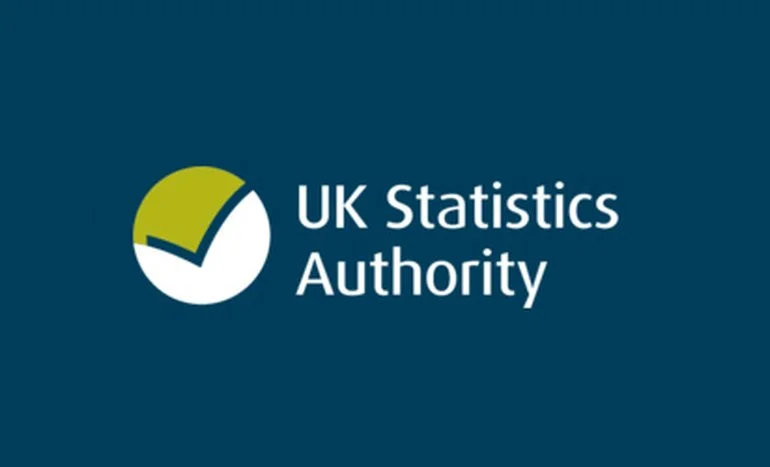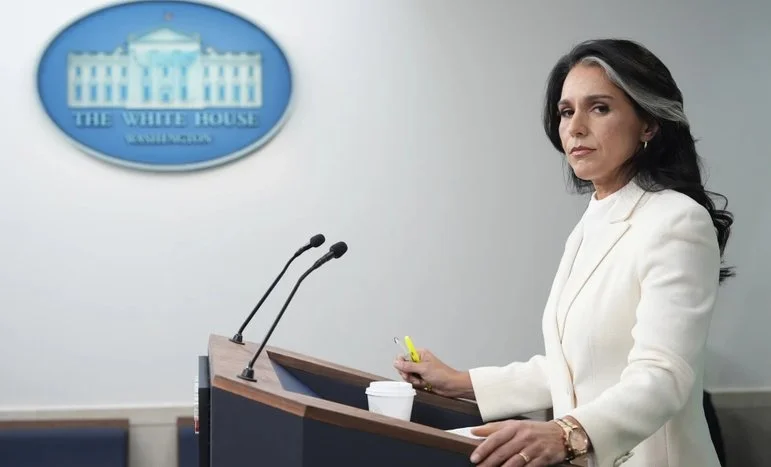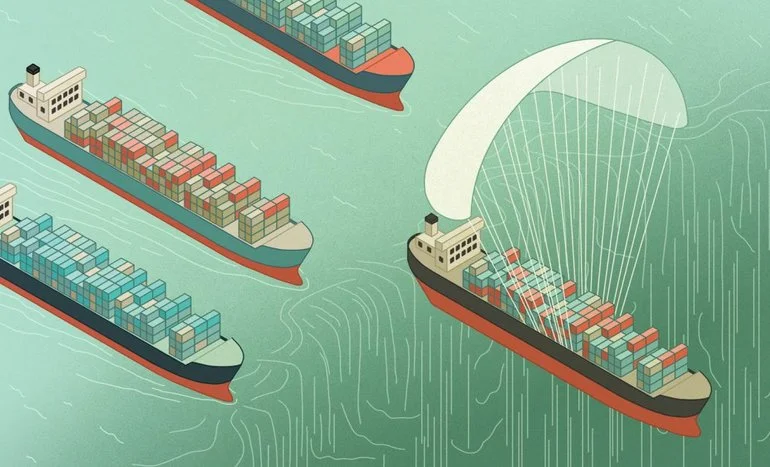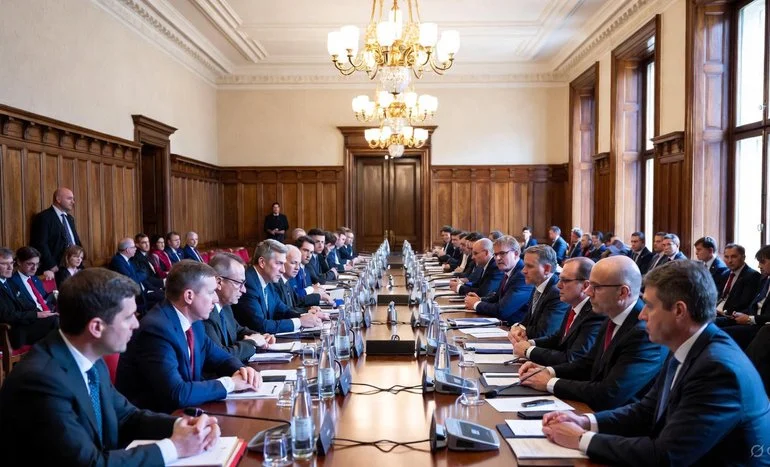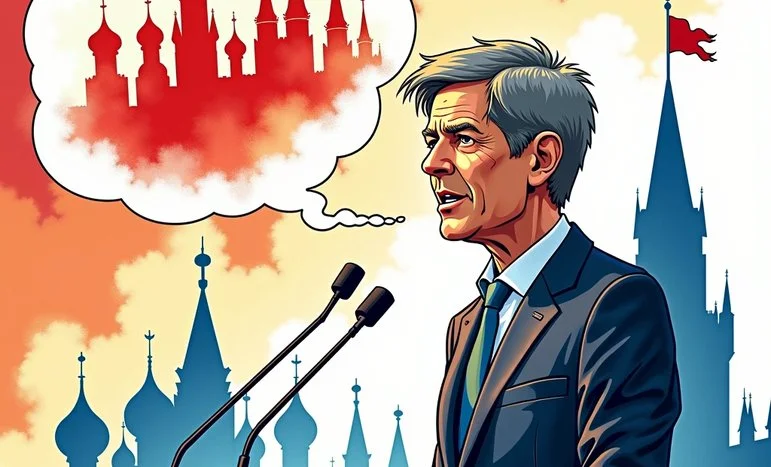
Bosnia’s Peace Envoy Enforces Fiscal Ruling Amid Serb Objections
On 17 July 2025, Bosnia and Herzegovina’s long-standing governance paralysis reached another defining moment when Christian Schmidt, the country’s International High Representative appointed under the Dayton Peace Agreement, intervened directly to resolve a budget deadlock that threatened to paralyze the state for the entire fiscal year. By issuing an immediate and binding ruling, Schmidt ordered that roughly 120 million Bosnian marka in outstanding debt owed to Slovenia’s Viaduct company be settled using the Republika Srpska entity’s share of national road-toll revenues. The measure was designed to unblock the stalled 2025 national budget and restore basic fiscal functionality to a state that has repeatedly found itself hostage to political obstruction. While the decision was legally grounded in the extraordinary authorities granted to the High Representative under the Dayton framework, its political impact has been explosive, exposing once again the depth of Bosnia’s constitutional fragility and the widening gulf between central state mechanisms and Serb entity leadership.
The debt at the center of the dispute traces back more than a decade, originating from a hydropower concession agreement terminated in 2013. The investor, Slovenia-based Viaduct, pursued arbitration, and in April 2022 the International Centre for Settlement of Investment Disputes ruled in its favor, awarding compensation initially valued at nearly 80 million marka. Over time, interest and penalties inflated the amount to approximately 120 million marka, turning what was once a contested legal issue into an urgent fiscal liability. Bosnia’s collective presidency, already fractured along ethnic and political lines, proved unable to agree on how the debt should be paid or which level of government should bear responsibility. As a result, approval of the 2025 state budget was repeatedly delayed, undermining public administration, international obligations, and the country’s economic credibility.
Faced with this impasse, Schmidt invoked his mandate to impose a solution. His ruling specified that the Serb Republic’s portion of shared road-toll revenues would be used to satisfy the arbitration award, a move intended to reflect the entity’s role in the original contract while preventing further obstruction at the state level. In parallel, he authorized the redirection of central bank profits toward improving Bosnia’s electoral infrastructure ahead of the 2026 general elections, framing the intervention not merely as a technical budget fix but as part of a broader effort to stabilize governance and democratic processes. From the perspective of the Office of the High Representative, the decision was a necessary exercise of authority to prevent the erosion of state functions and uphold international legal obligations.
The reaction from Republika Srpska’s political leadership was swift and hostile. President Milorad Dodik and Prime Minister Radovan Visković denounced the ruling as unconstitutional, portraying it as an illegitimate intrusion by international actors into entity finances. Dodik, in particular, framed the decision as proof of foreign overreach, accusing European institutions of undermining Serb autonomy and insisting that the debt should instead be covered by central bank profits rather than toll revenues earmarked for the entity. This rejection was not merely rhetorical. Serb officials announced plans to mobilize their representatives within state institutions to formally challenge the ruling, escalating a confrontation that has become a defining feature of Bosnia’s post-Dayton political landscape.
Dodik’s defiance carries added weight because it comes against the backdrop of his own legal and political troubles. In February 2025, he was sentenced and banned from political office for six years for repeatedly defying the authority of the High Representative, yet he has continued to exert influence and challenge state institutions. His government has pursued measures that go far beyond fiscal disputes, including legislation aimed at banning national police, judiciary bodies, and other state institutions from operating within Republika Srpska. These moves, widely viewed as direct violations of the Dayton Peace Agreement, have reinforced concerns that the entity’s leadership is engaged in a systematic effort to hollow out Bosnia’s central state from within.
The fiscal showdown triggered by Schmidt’s ruling thus reflects a deeper crisis of governance embedded in Bosnia’s constitutional structure. The country’s two-entity system, designed at Dayton to balance competing national interests while preserving peace, has increasingly become a mechanism for paralysis. Central institutions depend on cooperation between the Bosniak–Croat Federation and the Serb Republic, yet that cooperation is often withheld for political leverage. What was once presented as a delicate compromise to end a devastating war now appears, three decades later, as an architecture vulnerable to exploitation by leaders willing to test its limits.
International actors have responded with renewed expressions of concern and support for Bosnia’s sovereignty. NATO and European Union officials have reiterated that undermining the constitutional order established by Dayton is unacceptable, warning that persistent obstruction risks creating security vacuums and economic instability. Statements from alliance leadership have emphasized a commitment to preventing escalation and maintaining peace, signaling that the international community is not prepared to watch passively as Bosnia’s institutions are dismantled piece by piece. At the same time, the Office of the High Representative has taken punitive measures by rescinding financial support for Republika Srpska’s political leadership, increasing pressure on Dodik’s administration and underscoring that continued defiance carries tangible costs.
Yet the limits of external enforcement are increasingly evident. While Schmidt’s ruling demonstrates that the High Representative still possesses formidable legal authority, its effectiveness ultimately depends on compliance within Bosnia’s political system. If entity leaders choose confrontation over cooperation, each imposed decision risks deepening resentment and hardening opposition. This tension raises uncomfortable questions about the long-term sustainability of governance by international decree, even when such interventions are legally justified and arguably necessary to keep the state functioning.
Looking ahead, Bosnia finds itself at a precarious crossroads. Should the fiscal ruling hold and the 2025 budget finally move forward, it could offer a modest signal that central coordination remains possible, even in the face of entrenched resistance. Such an outcome would help stabilize public finances and reaffirm the principle that international arbitration awards and state obligations cannot be indefinitely ignored. However, the fierce backlash from Republika Srpska leadership suggests that any short-term fiscal relief may come at the cost of heightened political polarization and renewed challenges to state authority.
The broader implications extend beyond budgetary mechanics. Bosnia’s already distant aspirations for European Union membership risk fading further as institutional deadlock and constitutional defiance persist. The ongoing polarization between state structures and Serb entity leadership fuels fears of a gradual erosion of Bosnia’s sovereignty, not through dramatic secession but through the steady weakening of shared institutions. Unless stronger domestic reform efforts or more decisive international engagement emerge, the country may continue to drift in a state of managed instability, neither collapsing nor truly consolidating.
Christian Schmidt’s enforcement of the Viaduct debt settlement through road-toll revenues stands as a decisive assertion of Dayton-era authority in defense of fiscal continuity. It addresses an immediate crisis while exposing the enduring vulnerabilities of Bosnia’s political system. The fierce opposition it has provoked underscores how fragile the balance remains between international oversight and local acceptance. Whether this intervention marks a turning point toward renewed functionality or merely another chapter in Bosnia’s prolonged constitutional standoff will depend on the willingness of political actors to prioritize governance over confrontation. In testing the resilience of the peace architecture, this episode highlights a sobering reality: sustaining weighted sovereignty in Bosnia requires more than legal authority alone—it demands a shared commitment to the state itself, a commitment that remains profoundly contested.
We appreciate that not everyone can afford to pay for Views right now. That’s why we choose to keep our journalism open for everyone. If this is you, please continue to read for free.
But if you can, can we count on your support at this perilous time? Here are three good reasons to make the choice to fund us today.
1. Our quality, investigative journalism is a scrutinising force.
2. We are independent and have no billionaire owner controlling what we do, so your money directly powers our reporting.
3. It doesn’t cost much, and takes less time than it took to read this message.
Choose to support open, independent journalism on a monthly basis. Thank you.



